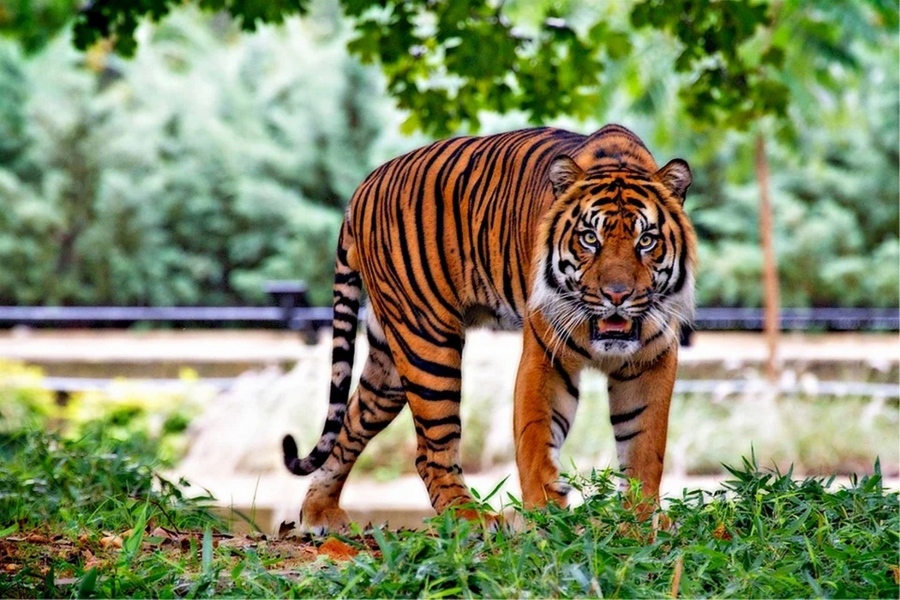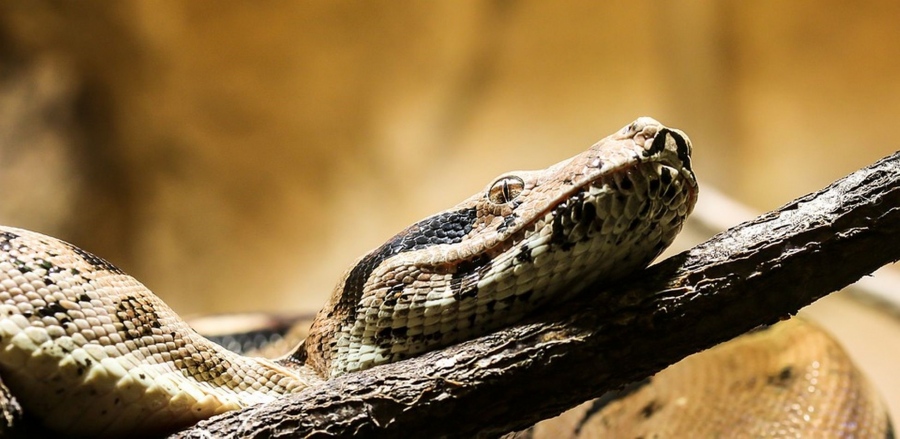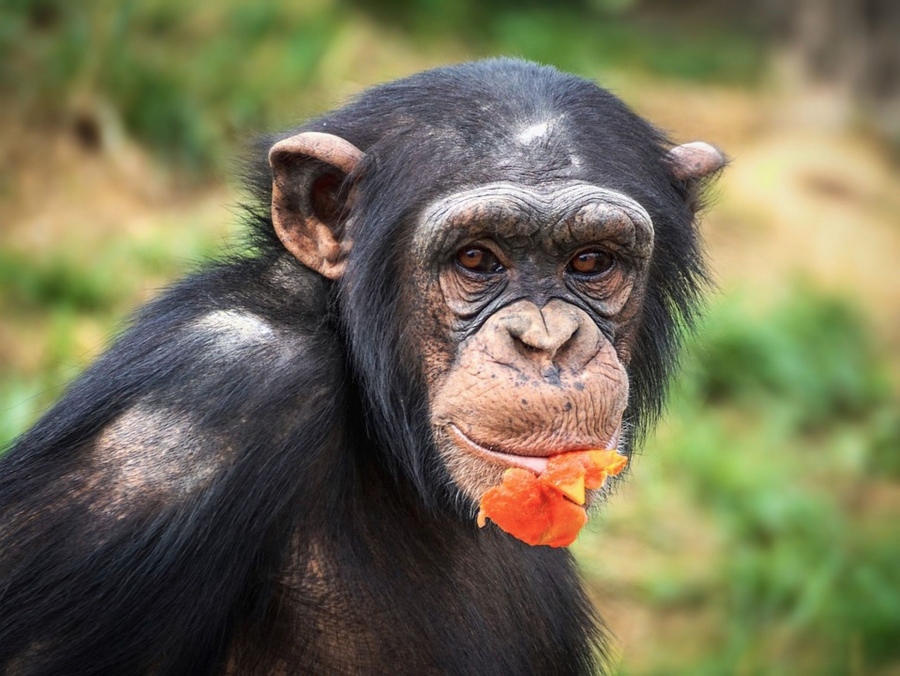The Most Dangerous Pets
Goats were probably the first animals domesticated by humans. Sheep and chickens followed closely, and later, larger animals – horses and oxen – were turned into invaluable companions for our ancestors. These animals were usually used for food and work, not companionship – the first pet, probably a dog, followed much later. Over the millennia, people grew accustomed to sharing their lives with companions from the animal kingdom. Today, we have entire industries dedicated to pets – food, grooming products, shelters, and the list could go on and on.
At the same time, our pets have also become more exotic and unusual. And sometimes, dangerous. While most people stick to cats, dogs, cuddly rodents and fish, there are some people who like to go to great lengths to share their lives with exotic, often deadly animals.
Big cats

The biggest housecat breed is the Savannah cat, a cross between a serval and domestic cats. Savannah cats grow as large as a medium-sized dog and are pretty active and feisty but tame, perfect for active and outgoing owners. But they are, apparently, not big and exotic enough for some people – they want even bigger, more exotic, and perhaps even dangerous cats around the house.
Bobcats, lions, and tigers are kept as pets by many, especially in the US where it is surprisingly easy to purchase one of these animals. Of course, these animals are bred and raised in captivity in “zoos” like the one operated by the infamous Tiger King, the protagonist of this year’s popular Netflix series. Ultimately, his farm slash zoo was overtaken by an animal rights organization. You can read more about it here.
Big cats are not very widespread as pets because holding them is cumbersome and pretty expensive. And they are dangerous, too – between 1990 and 2020, 24 people were killed and almost 300 were injured by big cats held as pets in the US alone.
Snakes
Snakes are fascinating animals. Even without their cultural baggage – they are often depicted as evil everywhere from the Bible to children’s stories – they are seen as menacing and dangerous. And they are: smaller snake species often have venom, while larger ones often have the power to squeeze the life out of their victims – literally. But there are people still keeping them as pets.

Surprising as it may sound, venomous snakes are involved in relatively few household incidents.
Constrictors, in turn, are a completely different matter. They are smart and find ways to escape their enclosures – and sometimes, they mistake their owners, the other pets, sometimes even children for food. The US Humane Society has pretty exhaustive statistics about incidents involving them.
Chimpanzees
Chimps are surprisingly intelligent. They are fast learners, good problem solvers, they play with objects, make friends, communicate, and understand speech. Besides, they are incredibly strong, and in certain situations, they can seem almost human, especially when they are little.

Keeping a chimp as a pet is not a good idea, though. They are intelligent but also unpredictable, and can react negatively to new situations or strangers. And they can be aggressive, biting off body parts easily.
In many countries, as well as several US states, keeping a chimpanzee as a pet is illegal. This doesn’t stop some people from keeping them in their homes, even if sometimes even zoos and animal sanctuaries find it hard to handle them. While there are no recorded cases of owners killed by their pet chimps in recent history, there are several cases when the people involved ended up in a hospital with missing fingers and noses. One of the most severe chimp attacks in history was extensively covered by the media: Travis, a former animal actor, attacked one of her owner’s friends, disfiguring her for life.












